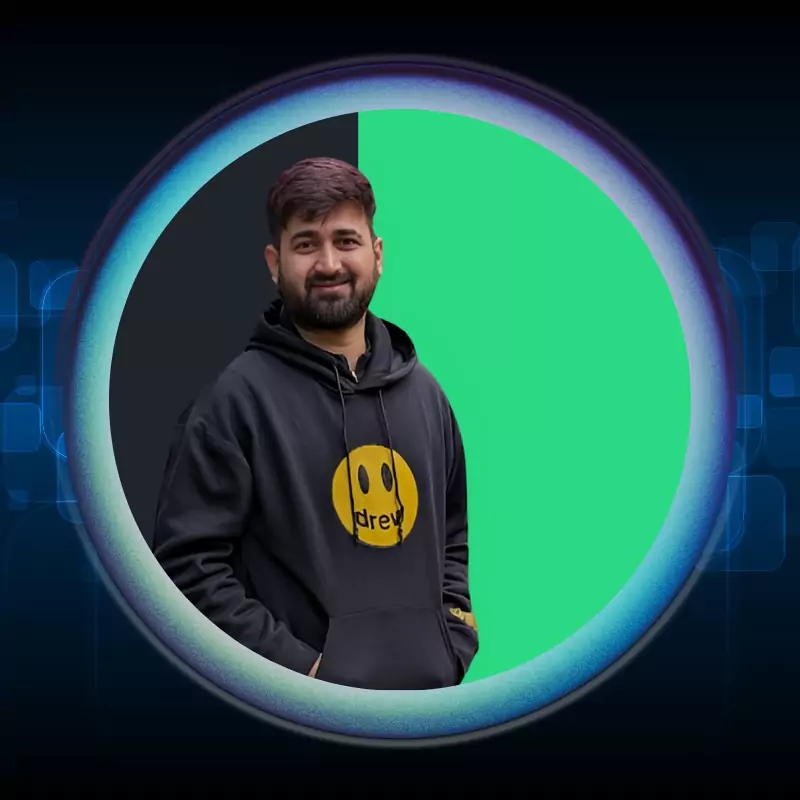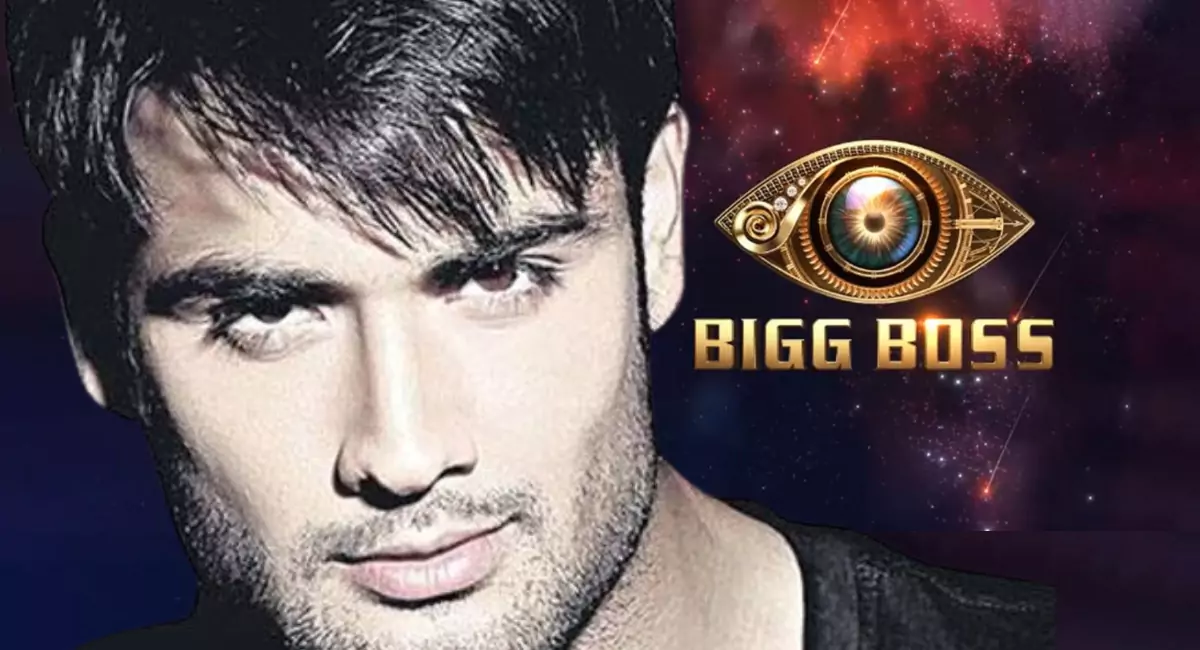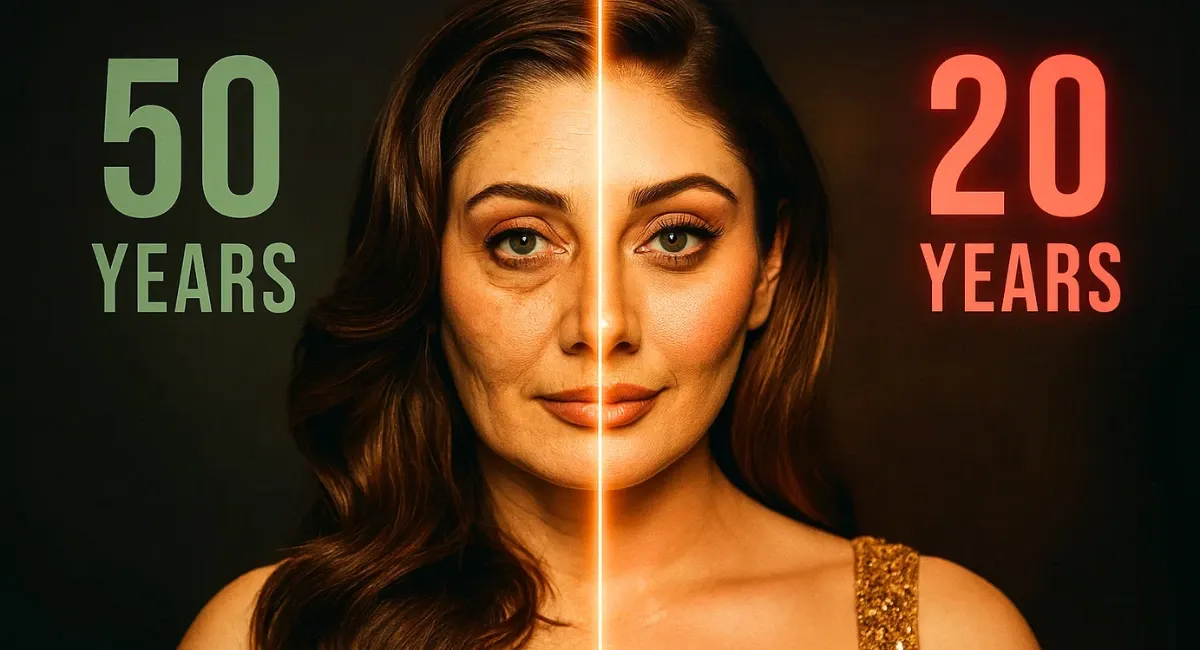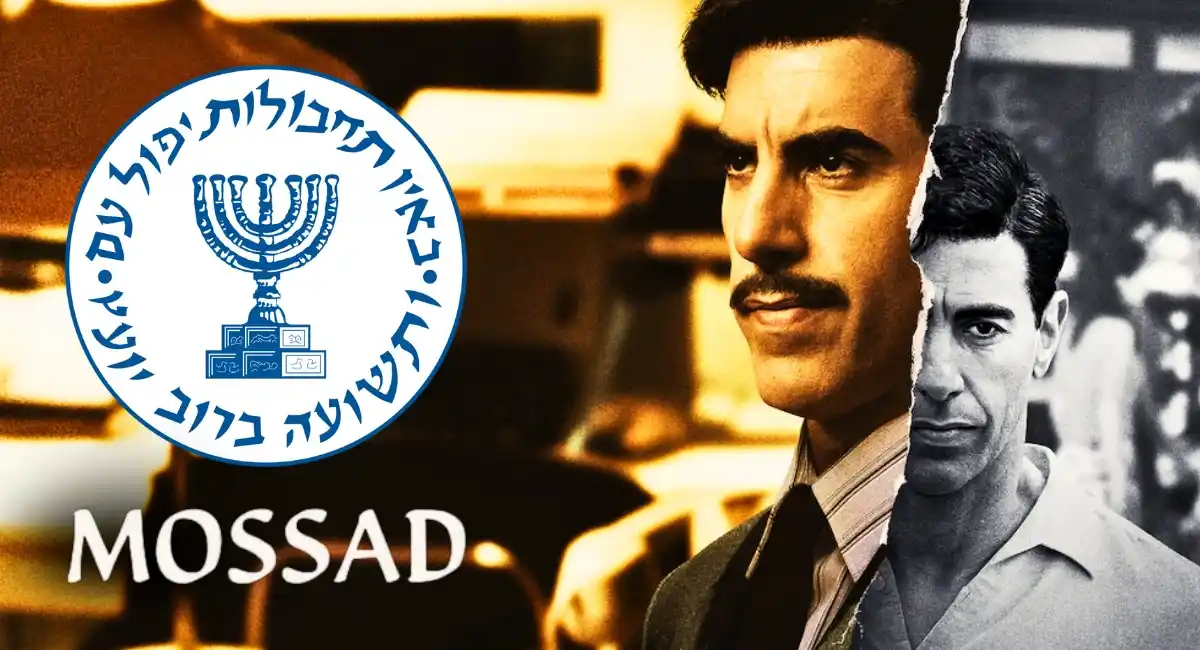Who knew dating apps could lead to backwater romance and family drama? Param Sundari takes this modern concept and plants it right in the middle of Kerala’s stunning landscapes. The film stars Sidharth Malhotra as Param, a Delhi businessman whose startup dreams keep failing, and Janhvi Kapoor as Sundari, a young woman running a homestay after losing her parents.
The story begins when Param gets a business proposal for a dating app that matches people using data and algorithms. His wealthy father challenges him to test the app on himself first before investing money in the project. When the app matches Param with Sundari from a small Kerala village, he decides to visit her homestay to see if technology can really find true love.
Director Tushar Jalota keeps the first half light and breezy, letting both actors settle into their characters naturally. Param arrives in Kerala with his best friend Jaggi, played by Manjot Singh, who provides comic relief throughout the journey. The culture clash between North and South India creates several funny moments, though some jokes feel forced rather than organic.
Janhvi Kapoor shines as Sundari, bringing grace and strength to a character who has faced real hardships. Her portrayal of a young woman balancing tradition with modern life feels genuine and relatable. The actress handles the Malayalam accent well, and her dance sequences showcase her classical training beautifully.
Sidharth Malhotra delivers a decent performance as the privileged but well-meaning entrepreneur. At 40, he sometimes struggles to convince as a young startup founder, but his chemistry with Kapoor works well. The actor brings charm to scenes where Param slowly realizes that real connections matter more than data points.
The film’s strongest asset is its visual beauty, with Kerala’s backwaters and lush greenery creating a perfect romantic backdrop. Cinematographer Santhana Krishnan Ravichandran captures the state’s natural splendor without making it feel like a tourism commercial. The homestay setting allows for intimate moments between the leads while showcasing local culture authentically.
Sachin-Jigar’s music adds emotional depth to the story, with songs like “Pardesiya” and “Bheegi Saree” becoming instant romantic anthems. The soundtrack blends traditional Kerala melodies with contemporary Bollywood sounds seamlessly. Each song serves the story well, never feeling like unnecessary additions to pad runtime.
The second half introduces a predictable twist when Sundari’s childhood friend Venu returns, bringing with him her parents’ marriage promise. This development feels overly familiar to anyone who has watched similar cross-cultural romances before. The emotional stakes rise, but the resolution follows exactly the path most viewers will expect.

Manjot Singh as Jaggi gets limited material to work with, despite being a talented comic actor. His character exists mainly to react to situations and provide exposition when needed. The supporting cast, including Sanjay Kapoor as Param’s father, performs adequately without leaving lasting impressions.
The screenplay by Jalota, Gaurav Mishra, and Aarsh Vora tries to balance comedy, romance, and family drama but doesn’t always succeed. Some dialogues feel natural and witty, while others come across as overly scripted and artificial. The writers handle cultural differences better in the first half than in the more dramatic second portion.
Technical aspects like editing and production design serve the story well without calling attention to themselves. The film maintains good pacing for most of its runtime, though some scenes could have been trimmed. The production values from Maddock Films meet industry standards while staying within a reasonable budget.
The movie works best when focusing on small, genuine moments between Param and Sundari rather than big dramatic gestures. Their gradual friendship and growing attraction feels believable, making viewers root for their relationship. The cultural learning that happens on both sides adds depth to what could have been a surface-level romance.

Despite its predictable plot, the film delivers enough entertainment value for audiences seeking light romantic fare. The leads’ performances and Kerala’s beauty help overcome screenplay weaknesses and formulaic storytelling. Families looking for clean, wholesome entertainment will find plenty to enjoy here.
The movie’s message about choosing love over convenience resonates without being heavy-handed about it. Param’s journey from data-driven decisions to heart-led choices feels earned rather than sudden. Sundari’s strength in facing difficult choices while honoring her family shows character growth that elevates the material.
Director Jalota shows promise in handling romantic comedy elements, even if his dramatic beats feel less confident. The film benefits from his restraint in not overselling emotional moments or pushing comedy too far. His respect for both cultures prevents the story from falling into offensive stereotype territory.

Box office performance will likely depend on audience appetite for traditional romance in an era of action spectacles. The film offers counter-programming to bigger, louder releases with its gentle pace and human-scale story. Young couples and family audiences represent the primary target demographic for this type of content.
While Param Sundari won’t revolutionize romantic comedies, it succeeds as comfortable, pleasant entertainment that doesn’t insult viewer intelligence. The film respects its characters and their cultural backgrounds while telling a simple love story effectively. This Param Sundari review concludes that despite familiar plotting, the movie delivers enough heart and beauty to justify a theater visit.













